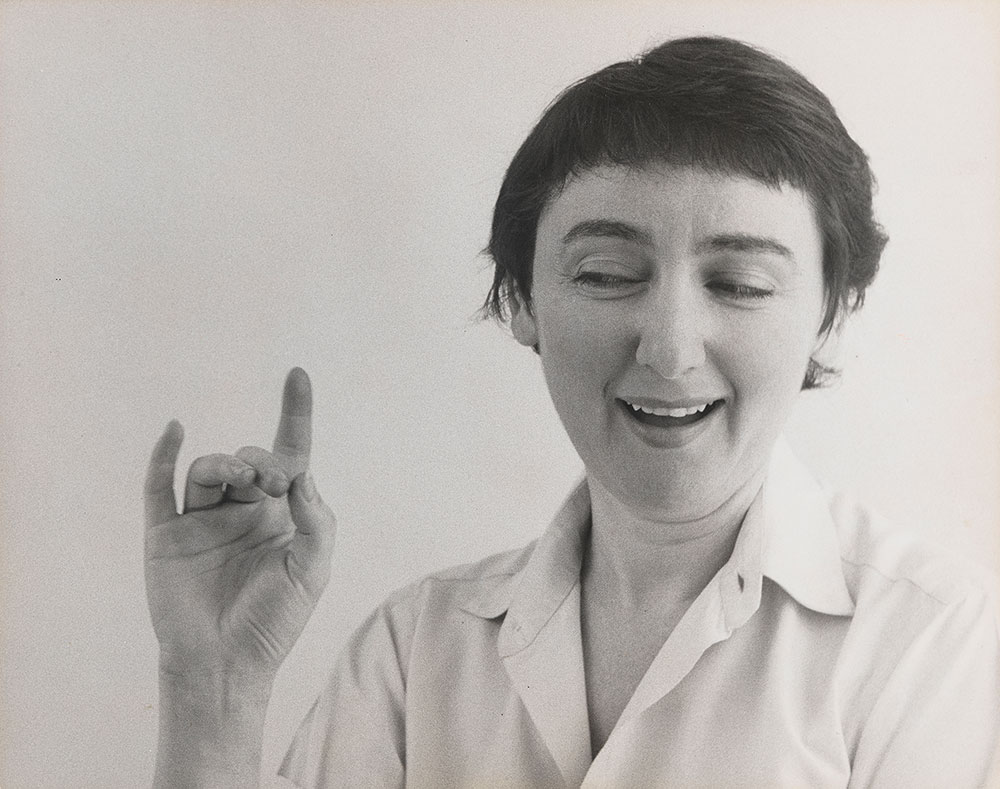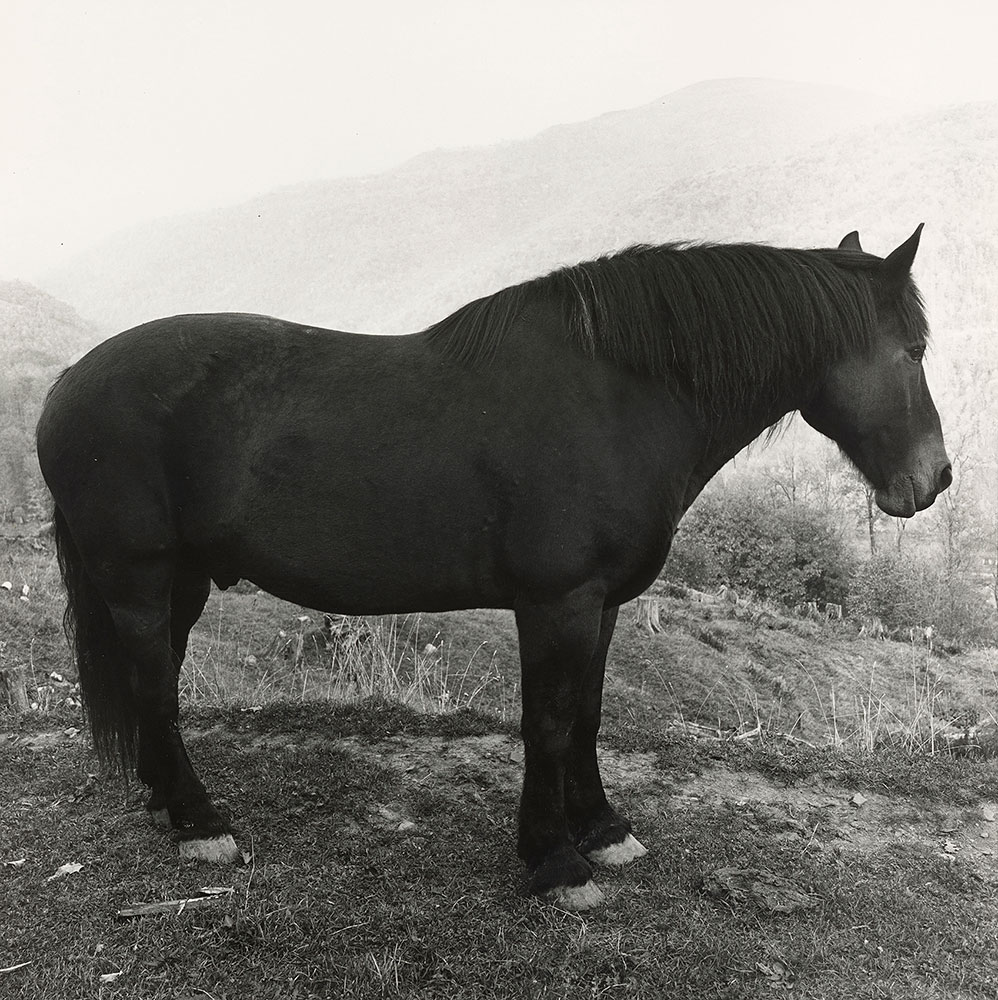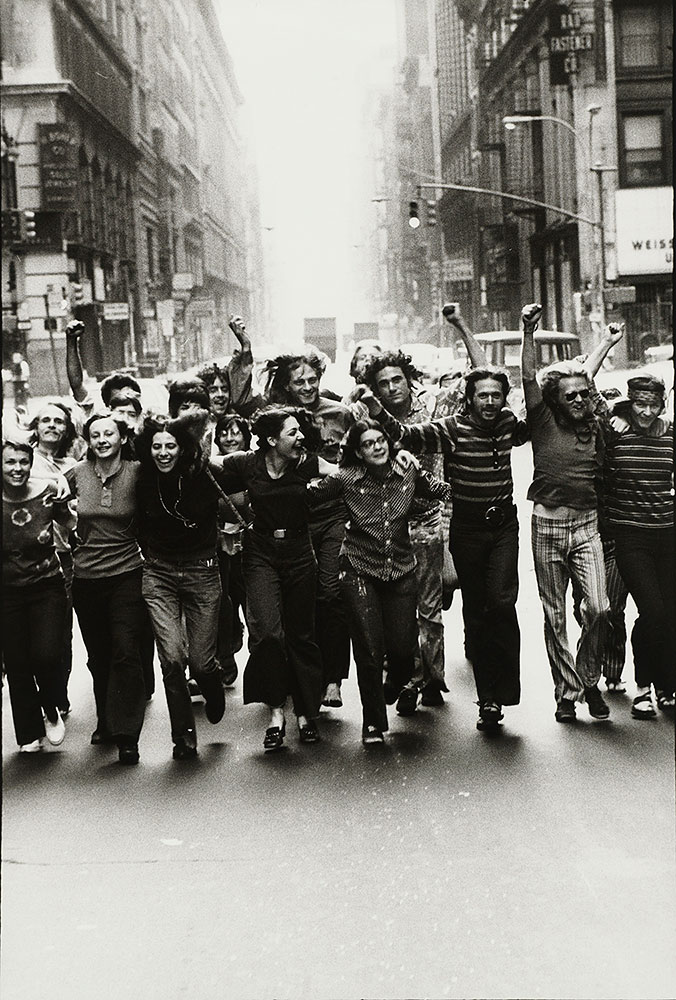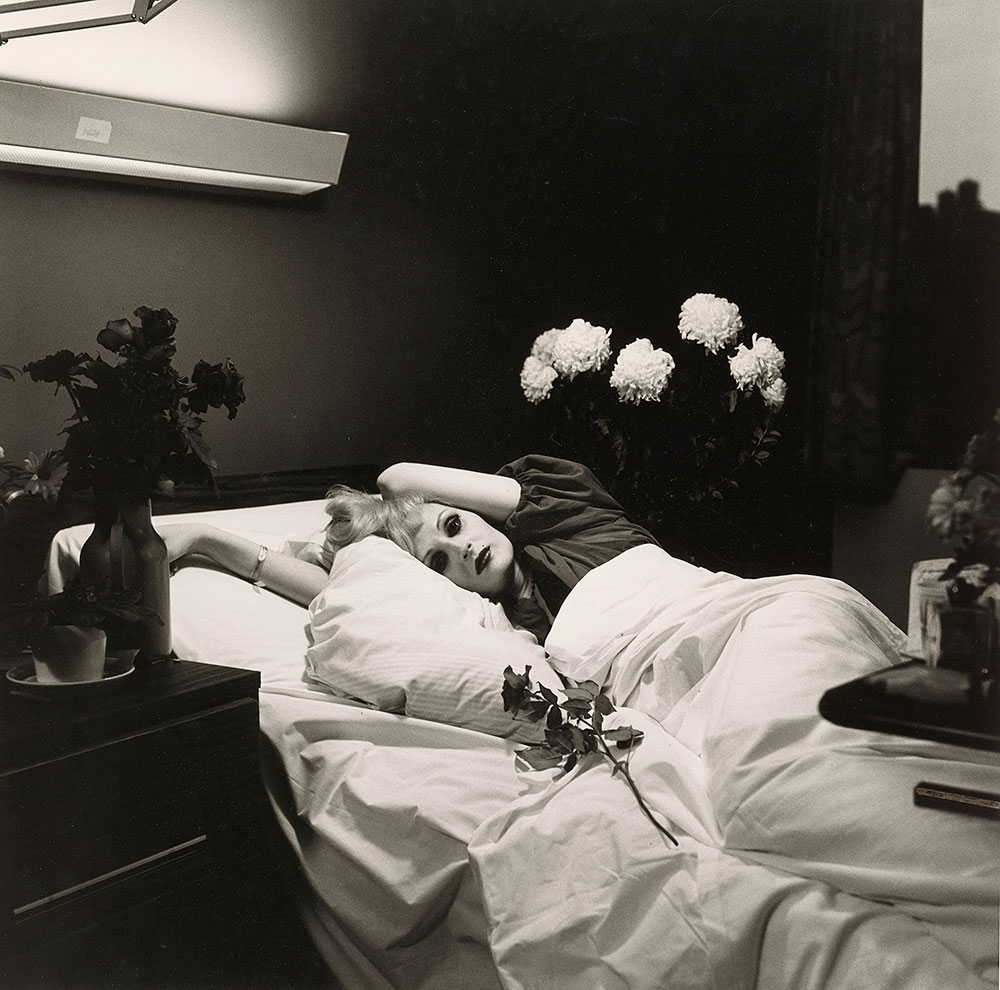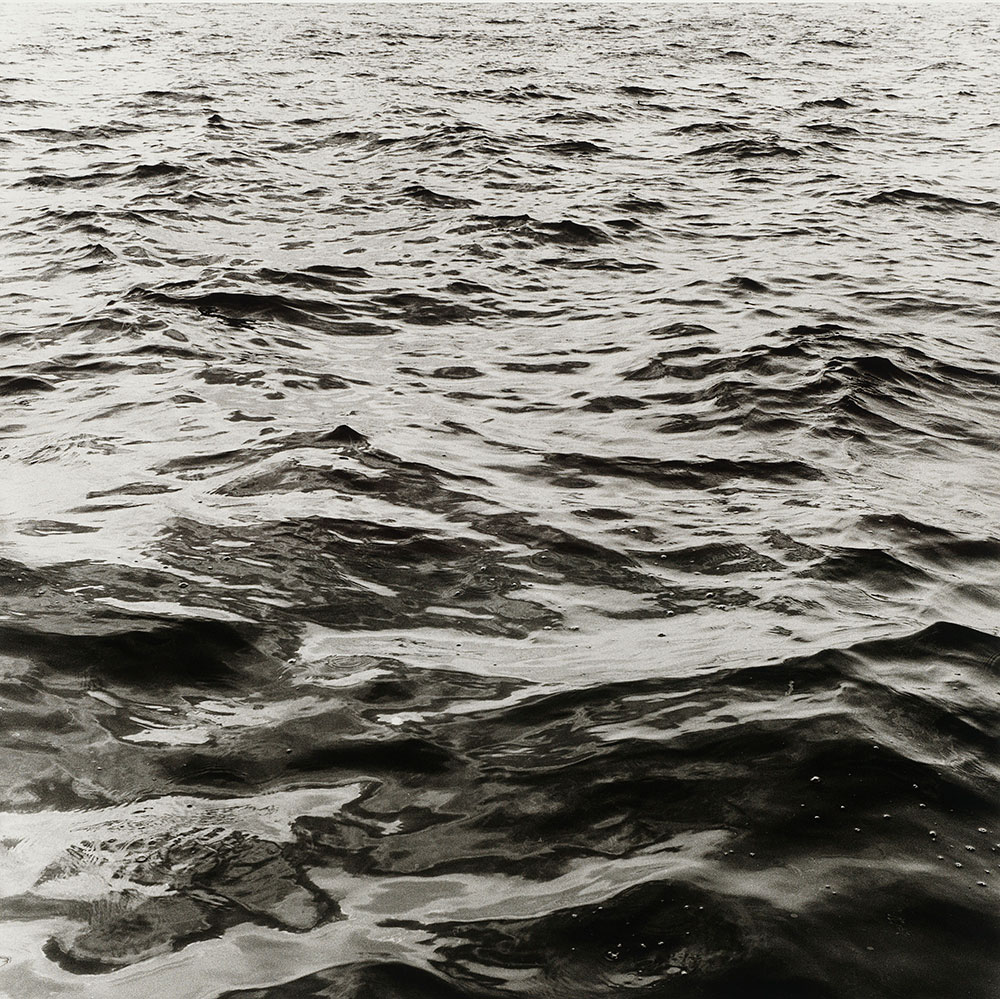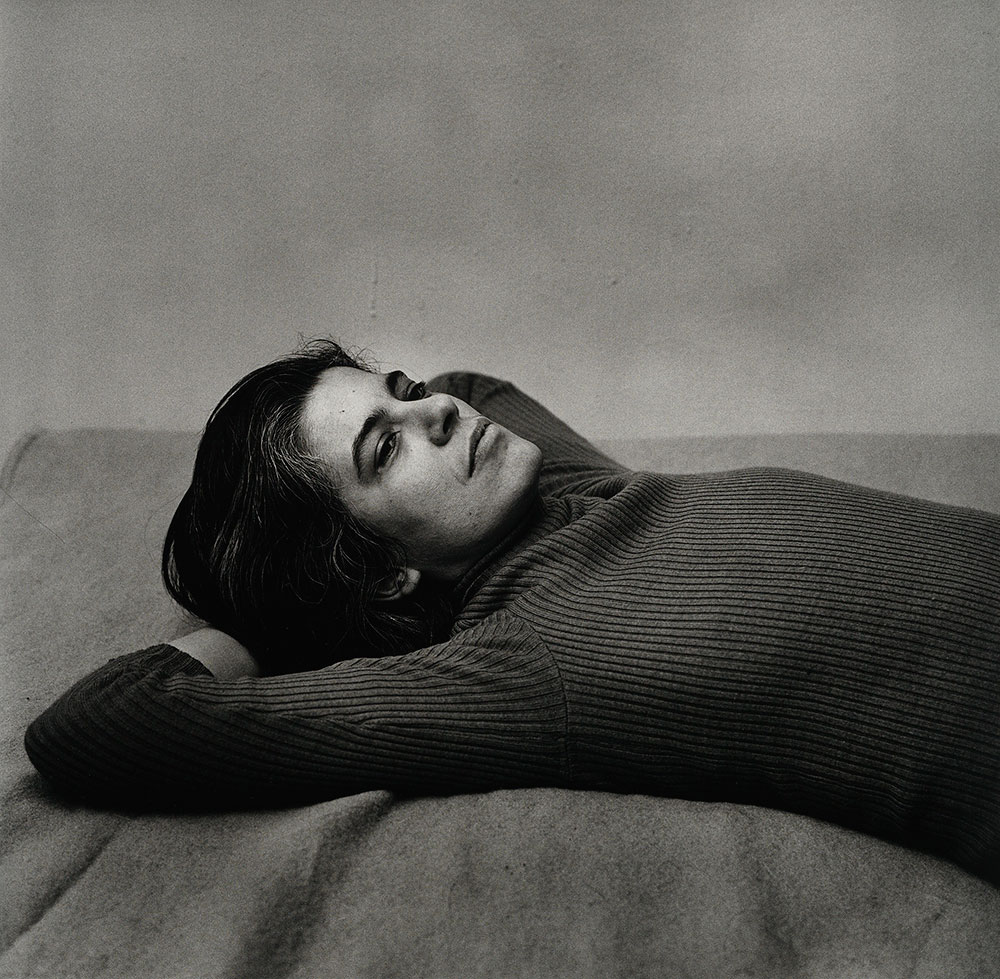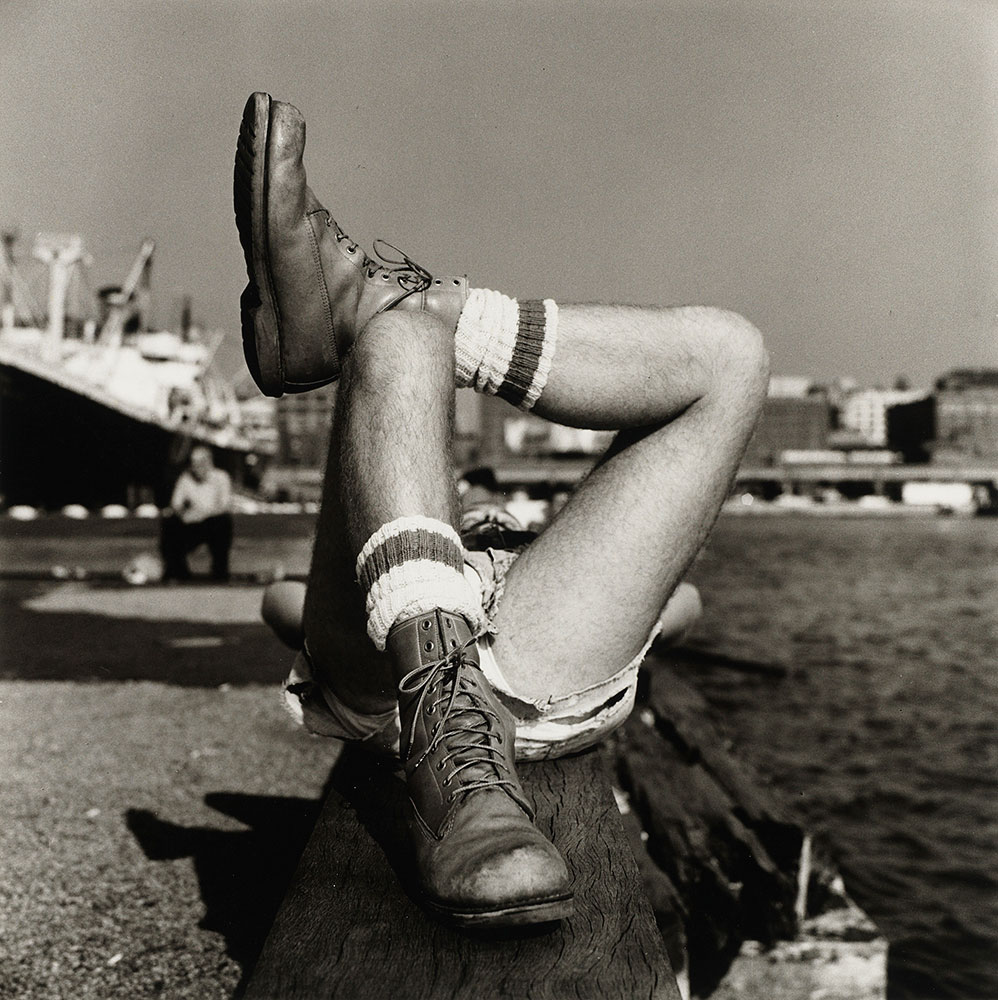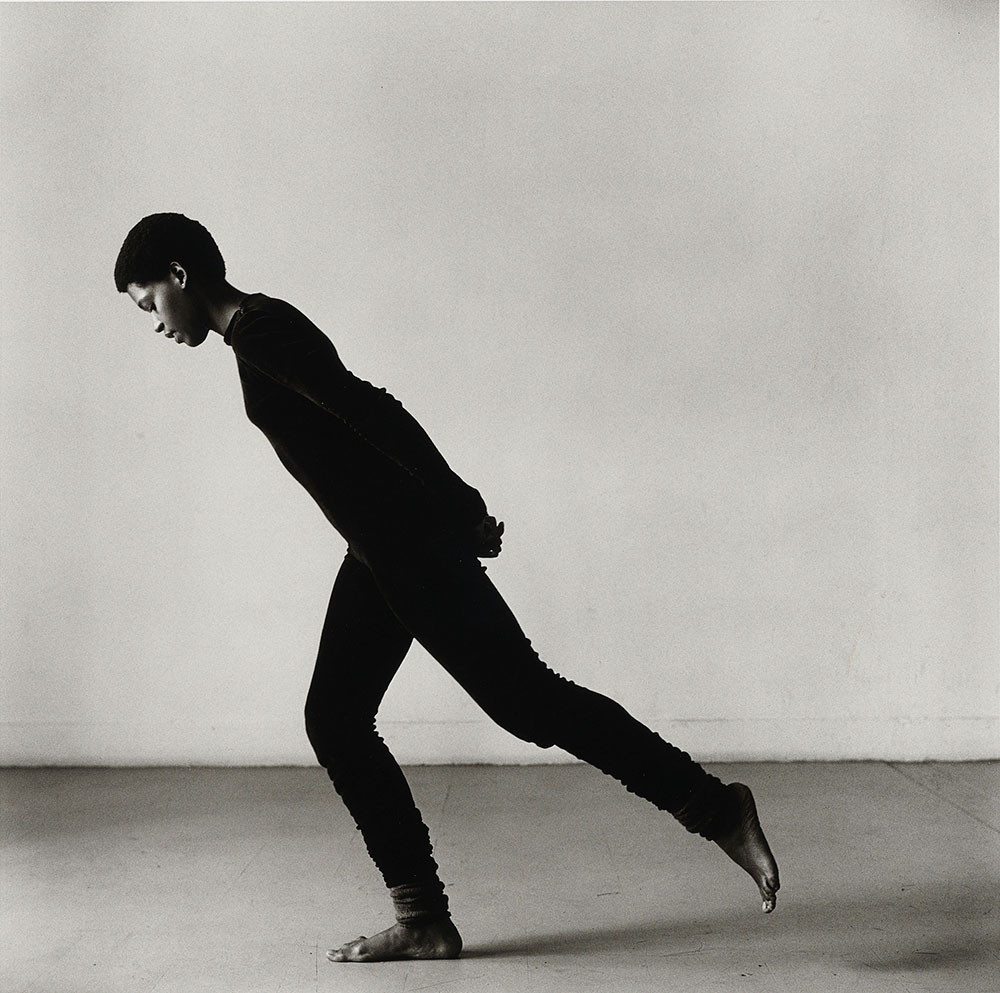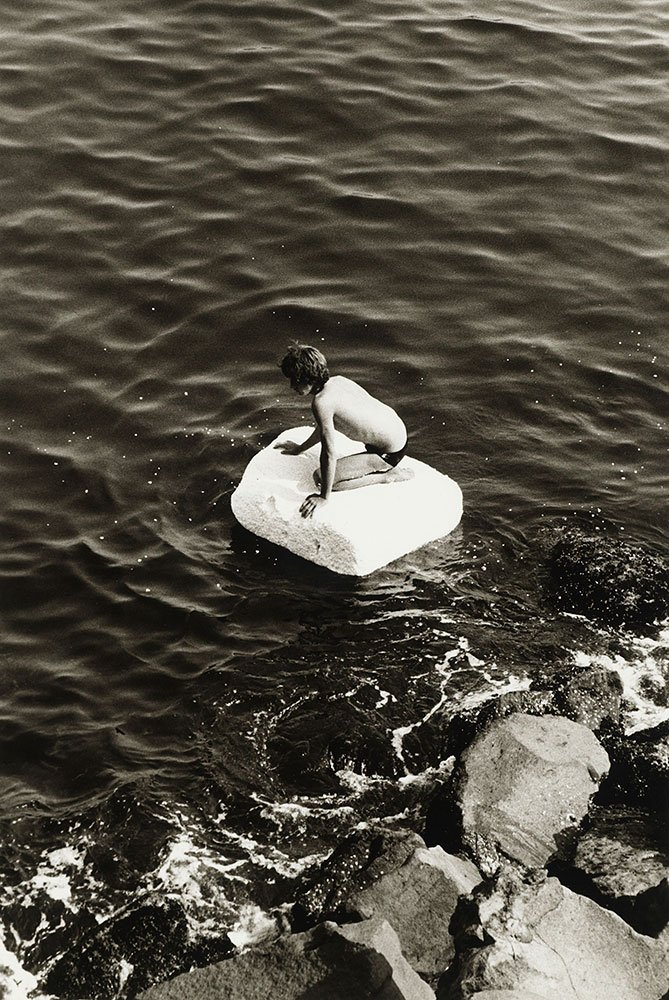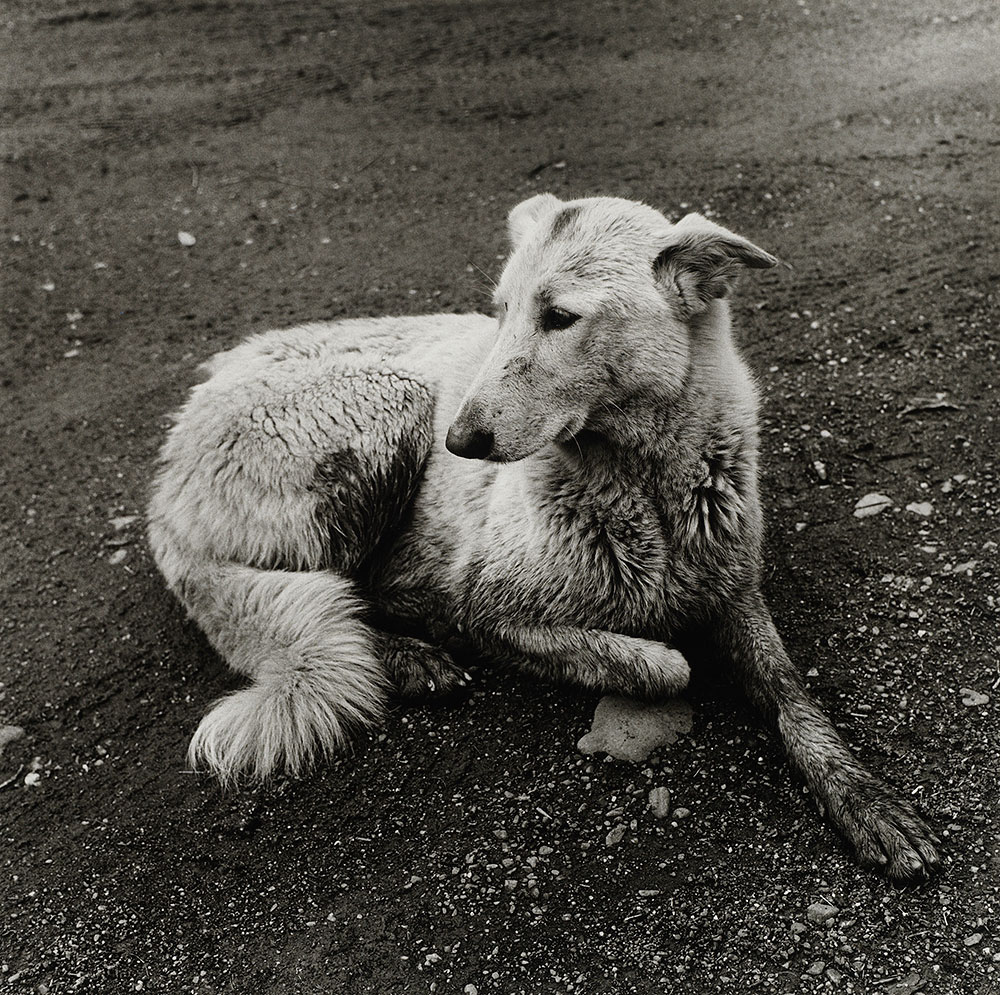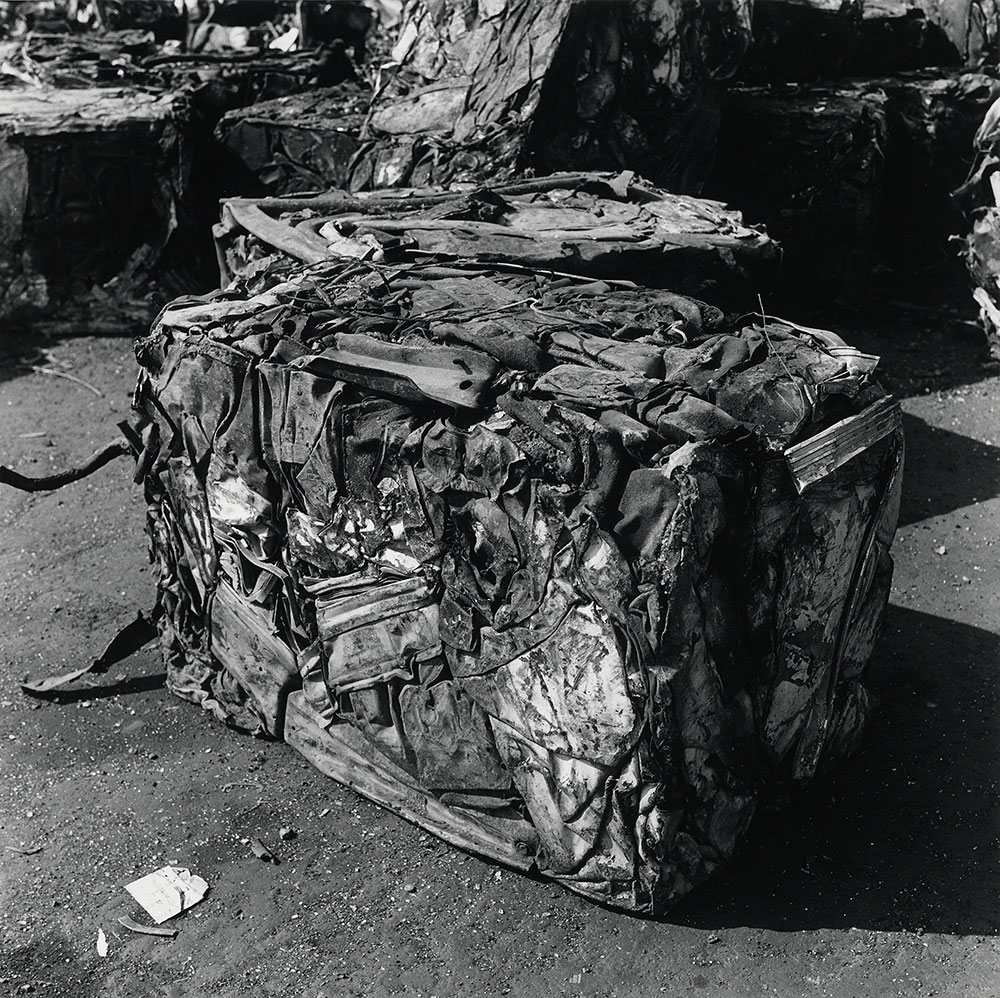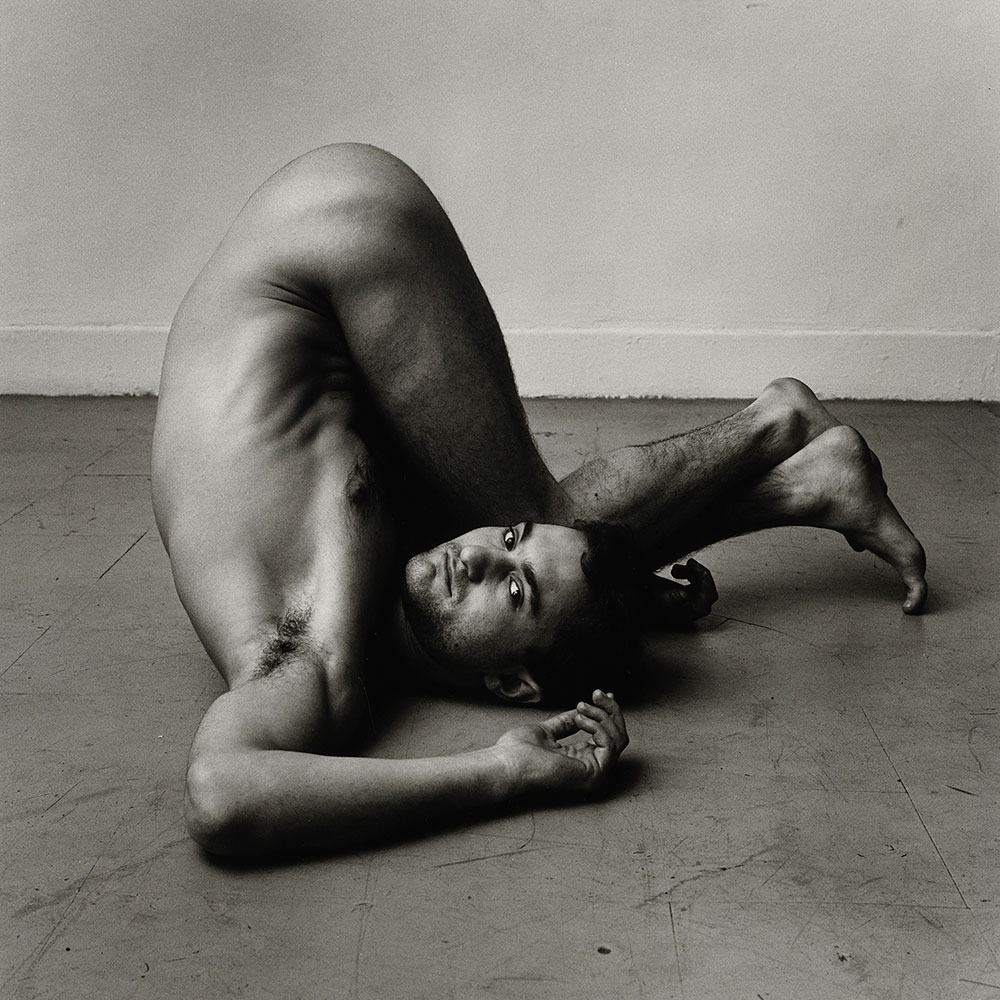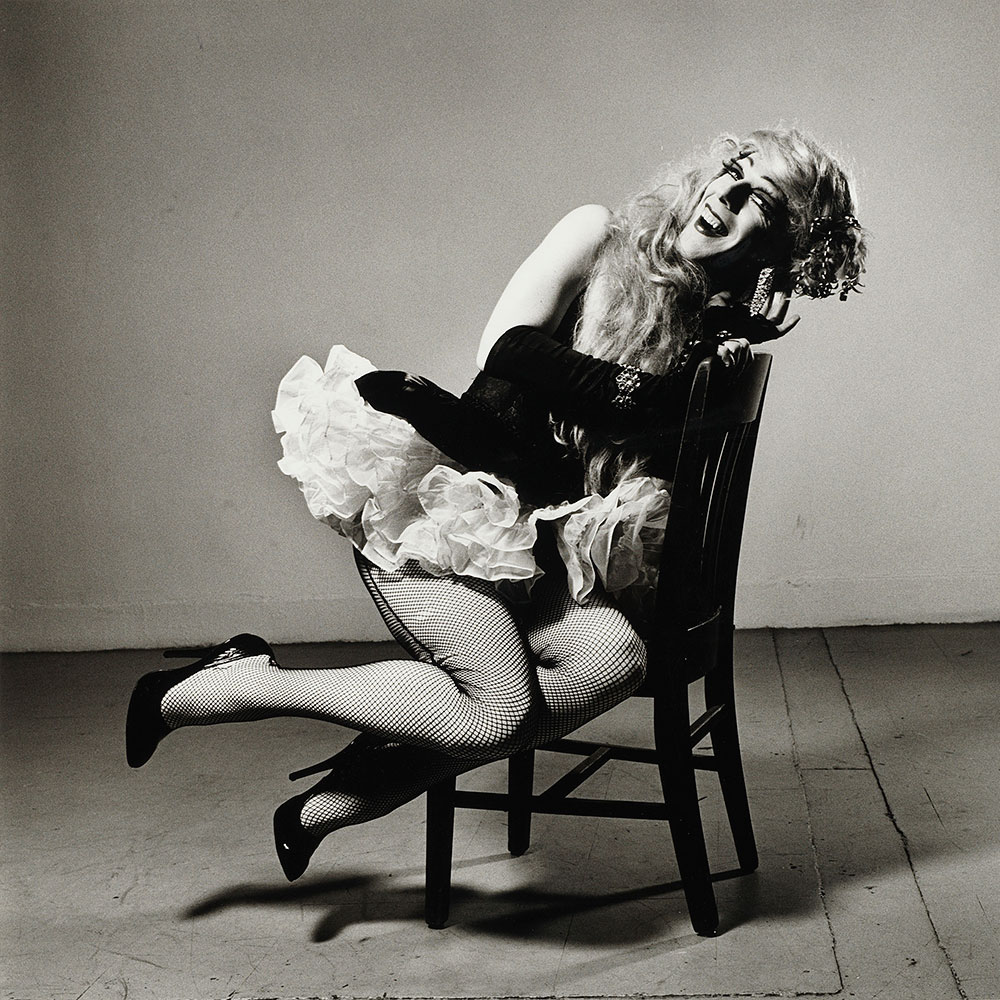The life and art of Peter Hujar (1934–1987) were rooted in downtown New York. Private by nature, combative in manner, well-read, and widely connected, Hujar inhabited a world of avant-garde dance, music, art, and drag performance. His mature career paralleled the public unfolding of gay life between the Stonewall uprising in 1969 and the AIDS crisis of the 1980s.
In his loft studio in the East Village, Hujar focused on those who followed their creative instincts and shunned mainstream success. He made, in his words, “uncomplicated, direct photographs of complicated and difficult subjects,” immortalizing moments, individuals, and subcultures passing at the speed of life.
Peter Hujar: Speed of Life—on view at the Morgan from January 26 through May 20—presents one hundred and forty photographs by this enormously important and influential artist. Drawn from the extensive holdings of his work at the Morgan and from nine other collections, the show and its catalog follow Hujar from his beginnings in the mid-1950s to his central role in the East Village art scene three decades later.
The catalogue features full-page reproductions of all 160 works in the exhibition, essays by curator Joel Smith, Philip Gefter, and Steve Turtell, and the first fully researched chronology, exhibition history, and bibliography to be published on Hujar.
Peter Hujar: Speed of Life was organized by the Morgan Library & Museum, New York, and Fundación MAPFRE, Madrid.
Major funding for the international tour was received from the Terra Foundation for American Art.
Generous support for the New York presentation was also provided by the Margaret T. Morris Fund for Americana, the J. W. Kieckhefer Foundation, The Keith Haring Foundation, The Robert Mapplethorpe Foundation, Patricia and Thruston Morton, and Nancy and Burton Staniar.
![]()
![]()
Peter Hujar (1934–1987), Boy on Raft, 1978, gelatin silver print. The Morgan Library & Museum. Purchased on the Charina Endowment Fund. © The Peter Hujar Archive / Artists Rights Society (ARS).
Peter Hujar’s Gay Lower East Side: Out of the Shadows–The New York Times

